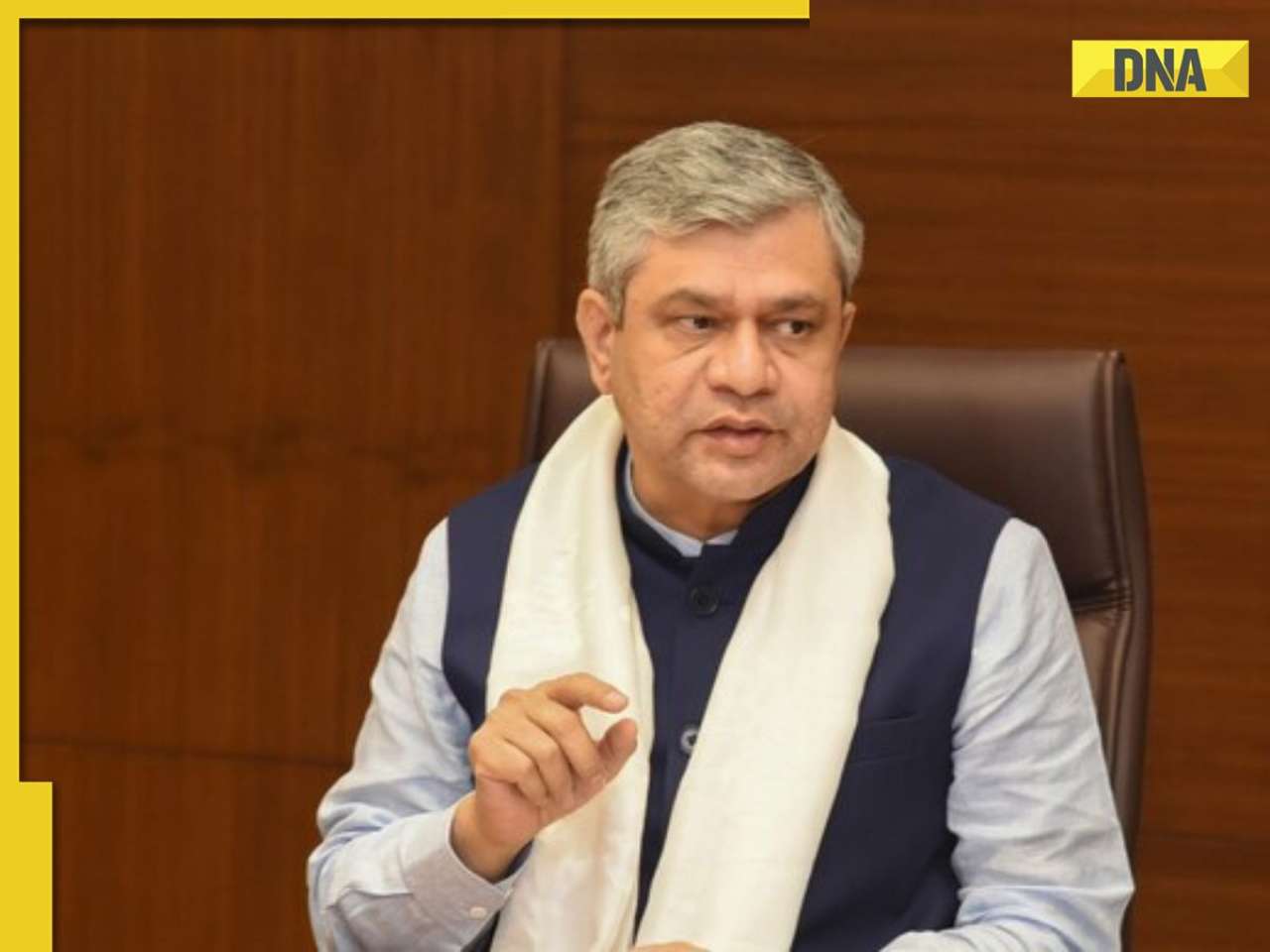Shibu Soren, also known as "Gurji," became the chief minister of Jharkhand three times, although he never completed his term and was forced to leave for one reason or another. 'Dishom Guru' also served as an MP from 1980 to 1984, 1989 to 1998, and from 2002 to 2019.
Shibu Soren, taking oath as Union Minister (File Image)
When Sobaran Soren was killed allegedly for organising the tribals against the moneylenders who had captured their land, his 13-year-old son, Shibu, was desolate and inconsolable. This incident changed his life forever. Shibu Soren decided to dedicate his life to opposing moneylenders and ending the exploitation of tribals. He organised the tribals, made them aware of their rights, and held widespread and repeated demonstrations against the moneylenders. He led them to organise "dhankatani" movement, in which tribal women reaped the crops while male members of the family, with bow and arrow in their hands, shielded them. He also organised them for cooperative farming. Soon, he became their "guruji" or "dishom guru", as he was called by fellow tribal brethren.
Shibu Soren sets up JMM for Jharkhand
Soon, "guruji" felt the need to set up a separate state where the tribals could rule themselves and take all significant decisions so that they are not exploited by outsiders or "dikus", as they were called in hatred and disdain. Shibu Soren joined hands with AK Roy and Binode Bihari Mahato in 1972 and launched the Jharkhand Mukti Morcha (JMM) to spearhead the movement for a separate state for tribals. The newly formed party won 9 out of 18 assembly seats in 1980 in the Santhal Pargana area, which was a part of Bihar. Shibu Soren also became an MP for the first time. He never looked back and dedicated his life to the creation of Jharkhand. Ultimately, a separate state of Jharkhand was carved out of Bihar in 2000.

(Shibu Soren at an election rally)
'Gurji' becomes Jharkhand CM three times
"Gurji" became chief minister of Jharkhand three times, though he never completed his term and was forced to leave for one reason or another. Shibu Soren took the oath of office of the Chief Minister on March 2, 2005, and resigned on March 11 when he failed to prove the majority for his government on the floor of the house. He ruled the state from August 27, 2008, to January 12, 2009. His last tenure as the head of the government lasted from December 30, 2009, to May 31, 2010. He also served as an MP from 1980 to 1984, 1989 to 1998, and 2002 to 2019.

(Shibu Soren in the middle)
'Dishom Guru' convicted for murder, jailed
The life of Guruji was full of controversies and topsy-turvy. He quit as the Coal Minister in the Manmohan Singh government after he was arrested in the infamous Chirudih case. He was accused of leading the attack in a clash taking place on January 23, 1975, when 10 people, including 9 Muslims, were killed. Soren was acquitted in 2004. Guruji was convicted of the kidnapping and murder of his secretary Shashinath Jha in 2006. It was accused that Shibu Soren kidnapped Jha and killed him because he was aware of the reported deal between the Congress and the JMM to vote for the Narsimha Rao government in the 1993 no-confidence motion. However, he was acquitted in 2007.
"Guruji" will always be remembered for his struggle and sacrifice for the downtrodden and exploited classes and for leading the movement that set up a separate state for the tribals.
Find your daily dose of All
Latest News including
Sports News,
Entertainment News,
Lifestyle News, explainers & more. Stay updated, Stay informed-
Follow DNA on WhatsApp.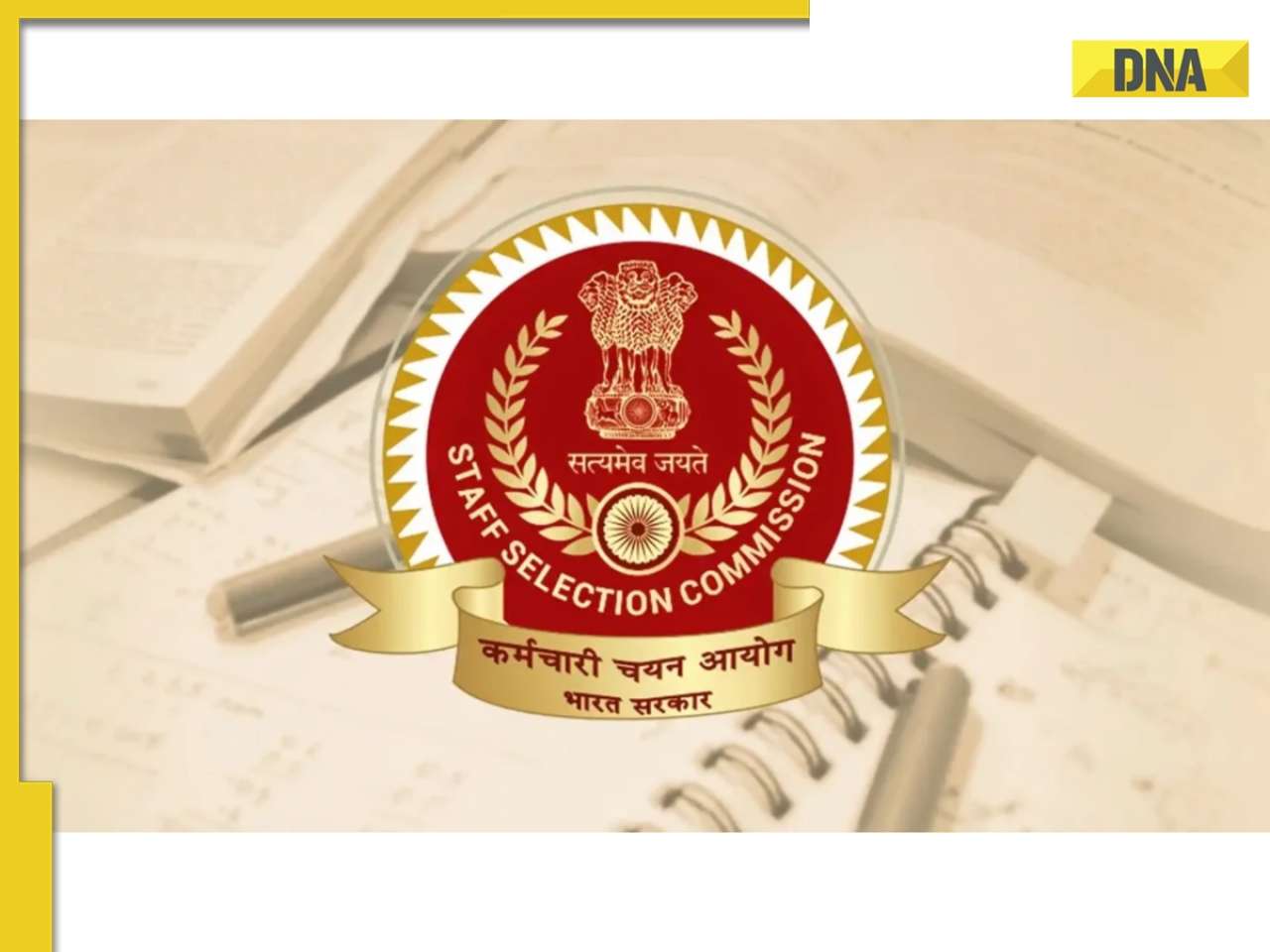 SSC acts on student grievances during examinations, promises to act quickly
SSC acts on student grievances during examinations, promises to act quickly Sachin Tendulkar's daughter Sara Tendulkar gets new role, appointed as Rs 1140 crore...
Sachin Tendulkar's daughter Sara Tendulkar gets new role, appointed as Rs 1140 crore... India's first Vande Bharat sleeper train to be launched in...; top speed will be...; check details
India's first Vande Bharat sleeper train to be launched in...; top speed will be...; check details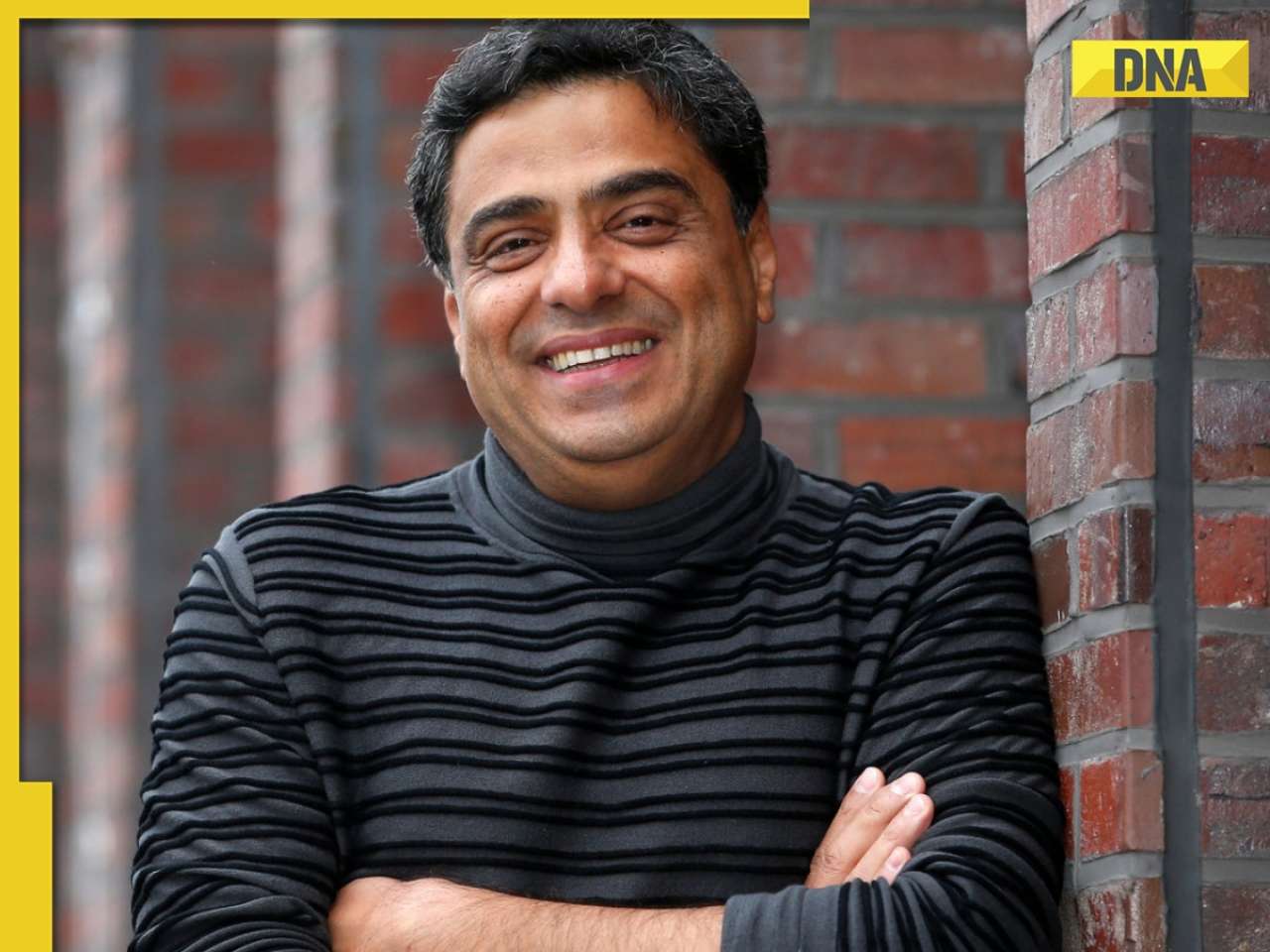 India's richest producer once sold toothbrushes, installed cable TVs, is worth Rs 13000 crore, has now won 5 National Awards
India's richest producer once sold toothbrushes, installed cable TVs, is worth Rs 13000 crore, has now won 5 National Awards IND vs ENG: India register narrowest win ever in Tests to level 5-match series against England
IND vs ENG: India register narrowest win ever in Tests to level 5-match series against England Eye Infection during monsoon: How to prevent them naturally?
Eye Infection during monsoon: How to prevent them naturally? 7 hidden triggers behind lung cancer in non-smokers across India
7 hidden triggers behind lung cancer in non-smokers across India 7 unique images of cosmology captured by NASA's Hubble Space Telescope
7 unique images of cosmology captured by NASA's Hubble Space Telescope 7 breathtaking images of Milky Way captured by NASA
7 breathtaking images of Milky Way captured by NASA Jeera water vs Saunf water: Which morning drink works better for you?
Jeera water vs Saunf water: Which morning drink works better for you? Exclusive: Jyoti Malhotra on Volvo XC60, New Launches & Volvo’s India Strategy | Volvo Car India MD
Exclusive: Jyoti Malhotra on Volvo XC60, New Launches & Volvo’s India Strategy | Volvo Car India MD Exclusive Interview: Rajeev Kapur on Steelbird’s New Helmets & Global Strategy!
Exclusive Interview: Rajeev Kapur on Steelbird’s New Helmets & Global Strategy! Futuristic Education: AI or Natural Intelligence, What's in focus? | Rajiv Tandon, BITS Pilani Digital
Futuristic Education: AI or Natural Intelligence, What's in focus? | Rajiv Tandon, BITS Pilani Digital Tata Harrier EV Review | Most Advanced Electric SUV from Tata?
Tata Harrier EV Review | Most Advanced Electric SUV from Tata? Vida VX2 Plus Electric Scooter Review: Range, Power & Real-World Ride Tested!
Vida VX2 Plus Electric Scooter Review: Range, Power & Real-World Ride Tested! Elon Musk-owned EV giant Tesla launches charging stations in THIS city, Know how much it will cost
Elon Musk-owned EV giant Tesla launches charging stations in THIS city, Know how much it will cost TCS layoffs signal Indian IT restructuring: How US uncertainty, AI disruption affect employees
TCS layoffs signal Indian IT restructuring: How US uncertainty, AI disruption affect employees Godfather of AI issues CHILLING warning about chatbots: 'It gets more...'
Godfather of AI issues CHILLING warning about chatbots: 'It gets more...' Elon Musk's Tesla rival VinFast opens largest India showroom in THIS city, plans expansion to...
Elon Musk's Tesla rival VinFast opens largest India showroom in THIS city, plans expansion to... Meet man who rejected Rs 1.5 billion job offer from Mark Zuckerberg, now his startup is valued at..., check his viral LinkedIn story
Meet man who rejected Rs 1.5 billion job offer from Mark Zuckerberg, now his startup is valued at..., check his viral LinkedIn story  5 must-watch fashion films that styled our childhood dreams
5 must-watch fashion films that styled our childhood dreams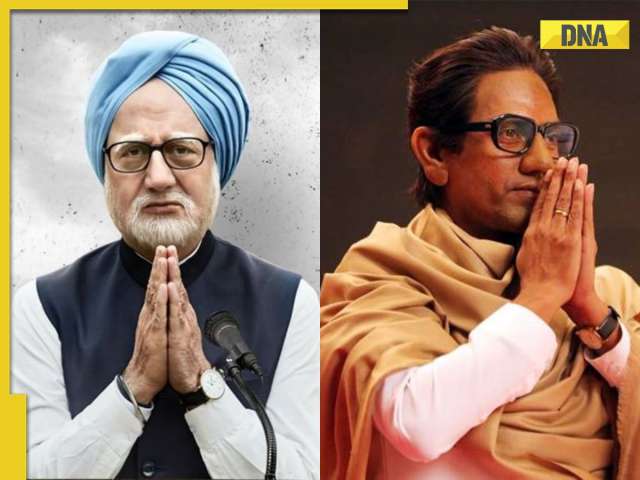 7 Indian biopics that brought political leaders to life
7 Indian biopics that brought political leaders to life Before Ranveer Singh’s Dhurandhar hits screens, take a look at actor’s 5 iconic roles that prove his versatility
Before Ranveer Singh’s Dhurandhar hits screens, take a look at actor’s 5 iconic roles that prove his versatility Amitabh Bachchan, Shah Rukh Khan, Ajay Devgn and more Bollywood actors who are proud owners of luxurious private jets
Amitabh Bachchan, Shah Rukh Khan, Ajay Devgn and more Bollywood actors who are proud owners of luxurious private jets Tamannaah Bhatia's 'gross but works' acne hack under dermatologist scanner, should you try it?
Tamannaah Bhatia's 'gross but works' acne hack under dermatologist scanner, should you try it? India's first Vande Bharat sleeper train to be launched in...; top speed will be...; check details
India's first Vande Bharat sleeper train to be launched in...; top speed will be...; check details This is India's most profitable expressway, took 22 years to build, earns Rs 163 crore annually, passes through these districts
This is India's most profitable expressway, took 22 years to build, earns Rs 163 crore annually, passes through these districts Will India remain defiant to Donald Trump's pressure on Russian oil? Has PM Modi emphasised 'swadeshi' to snub US?
Will India remain defiant to Donald Trump's pressure on Russian oil? Has PM Modi emphasised 'swadeshi' to snub US? Good news for Ghaziabad, Greater Noida Commuters: New flyover to ease Shahberi bottleneck, details here
Good news for Ghaziabad, Greater Noida Commuters: New flyover to ease Shahberi bottleneck, details here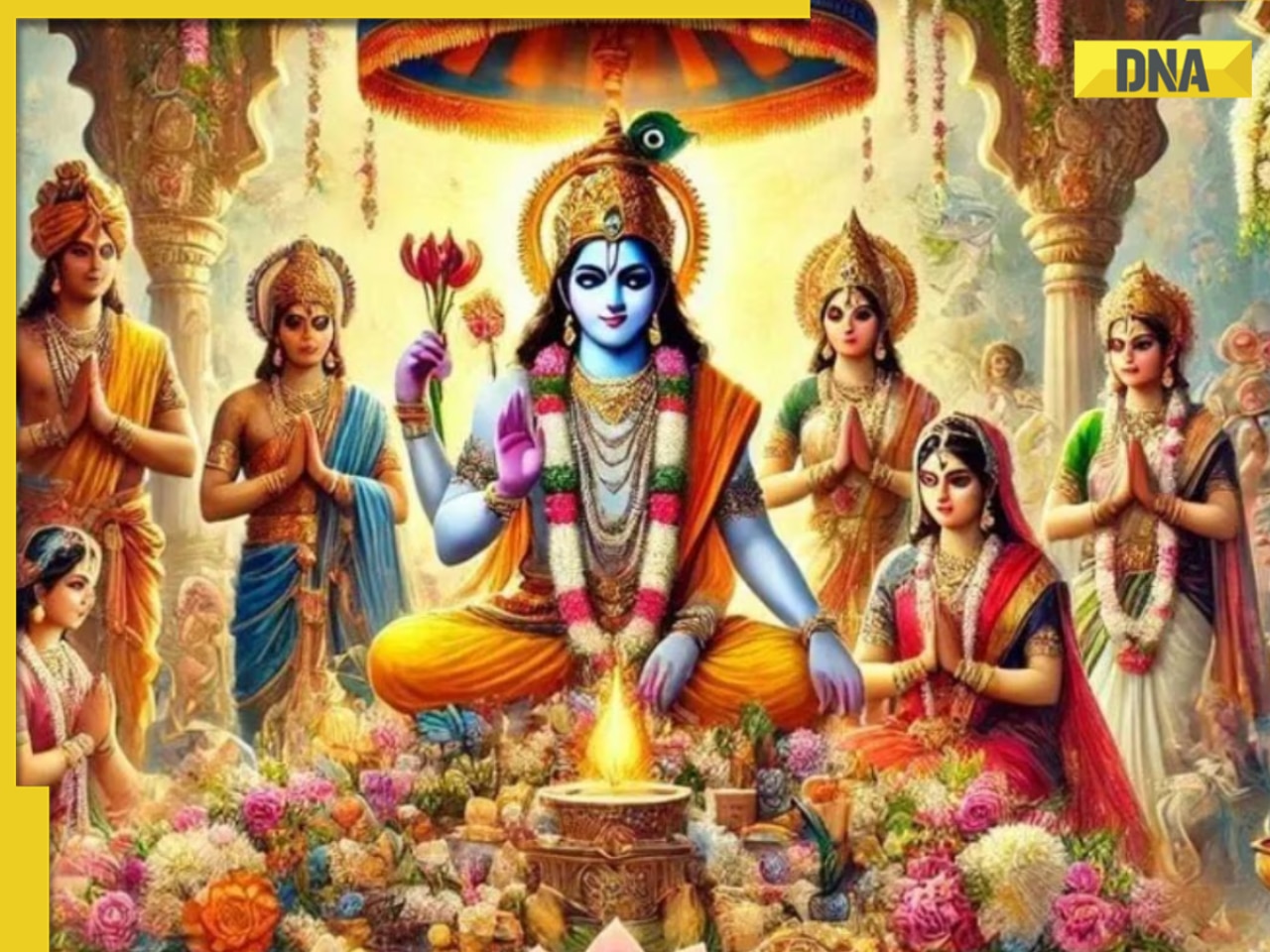 Ekadashi 2025: When to observe vrat in August? Know dates, shubh muhurat to seek divine blessings
Ekadashi 2025: When to observe vrat in August? Know dates, shubh muhurat to seek divine blessings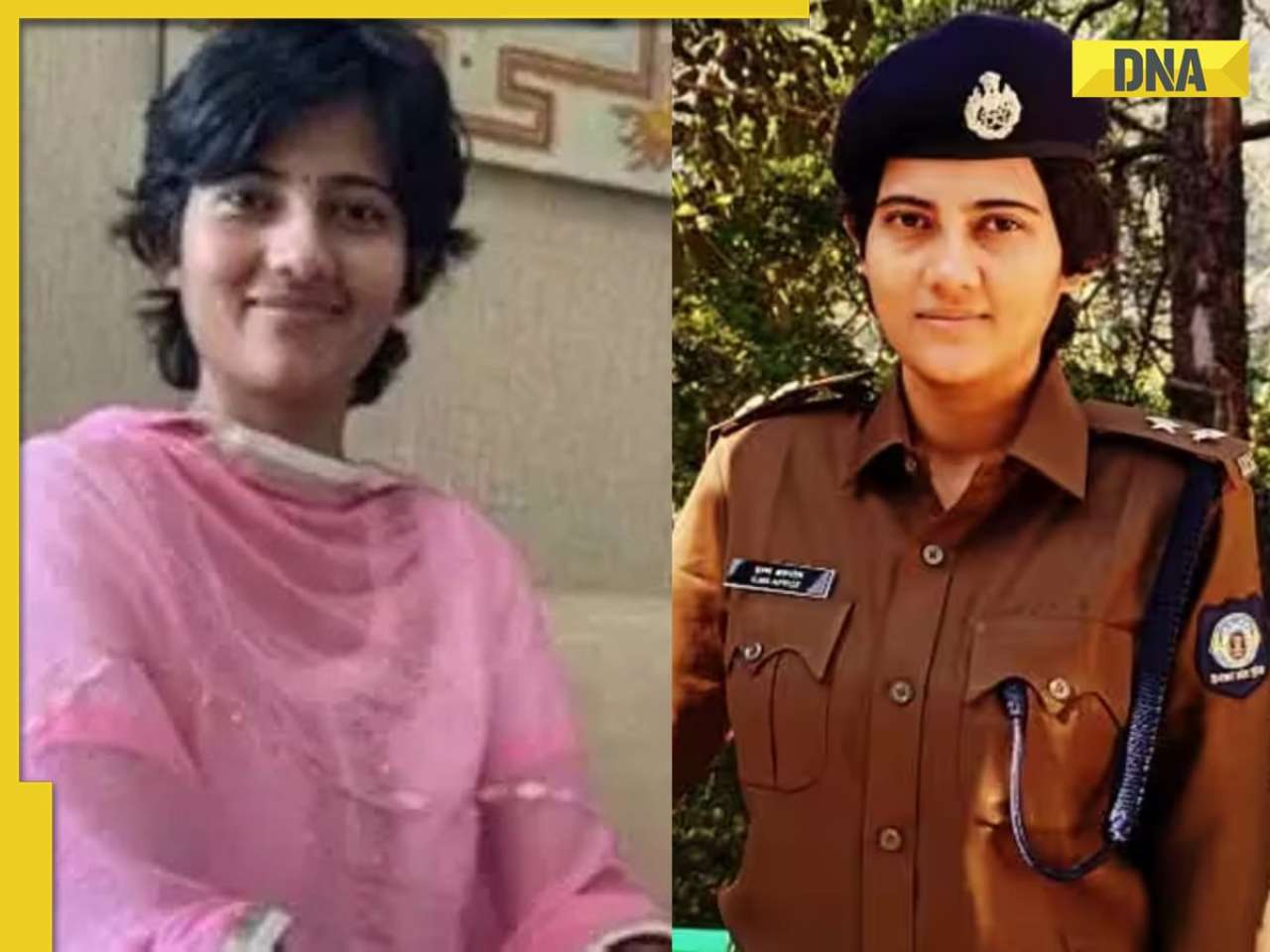 Meet woman who lost her father, studied at Oxford, later cracked UPSC in first attempt to become IPS officer, she’s from...
Meet woman who lost her father, studied at Oxford, later cracked UPSC in first attempt to become IPS officer, she’s from...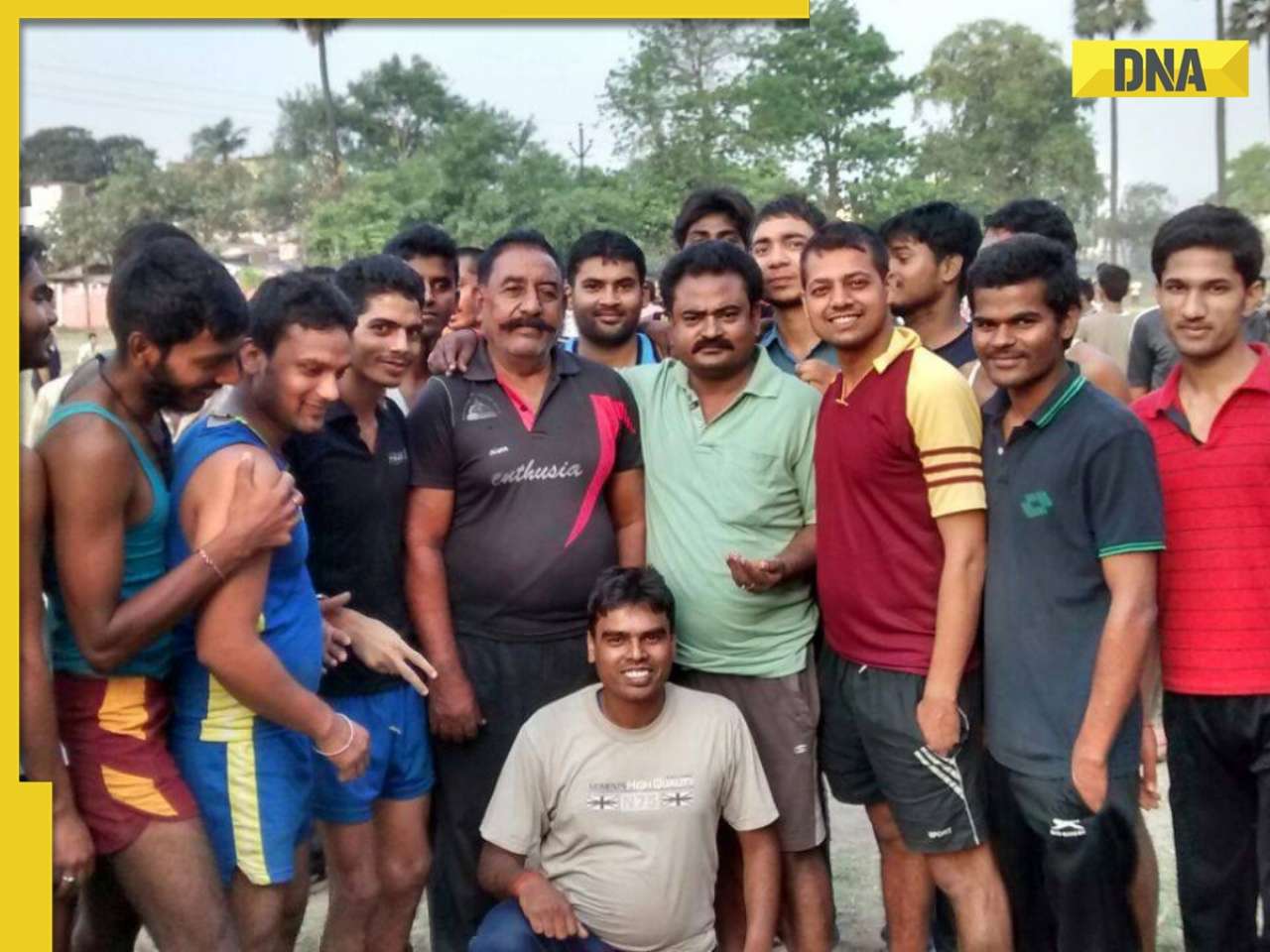 Meet man, who could not become IPS officer, later trained over 10000 underprivileged students for just Rs... to become IAS-IPS officers, he is...
Meet man, who could not become IPS officer, later trained over 10000 underprivileged students for just Rs... to become IAS-IPS officers, he is... BIG relief for patients as government cuts prices of 35 essential medicines, details here
BIG relief for patients as government cuts prices of 35 essential medicines, details here Meet woman who cracked UPSC exam four times, got AIR 31 but did not become IAS, IPS officer due to…, currently working as…
Meet woman who cracked UPSC exam four times, got AIR 31 but did not become IAS, IPS officer due to…, currently working as… Meet woman, an SRCC-graduate, one of the youngest female IAS officers who cracked UPSC at 21, she is...
Meet woman, an SRCC-graduate, one of the youngest female IAS officers who cracked UPSC at 21, she is... This is world’s longest car, has helipad, golf course, swimming pool; with over 75 seats, owned by THIS billionaire, not owned by Elon Musk, Mark Zuckerberg, Mukesh Ambani, Gautam Adani
This is world’s longest car, has helipad, golf course, swimming pool; with over 75 seats, owned by THIS billionaire, not owned by Elon Musk, Mark Zuckerberg, Mukesh Ambani, Gautam Adani Maruti Suzuki's e Vitara set to debut electric market at Rs..., with range of over 500 km, to launch on...
Maruti Suzuki's e Vitara set to debut electric market at Rs..., with range of over 500 km, to launch on...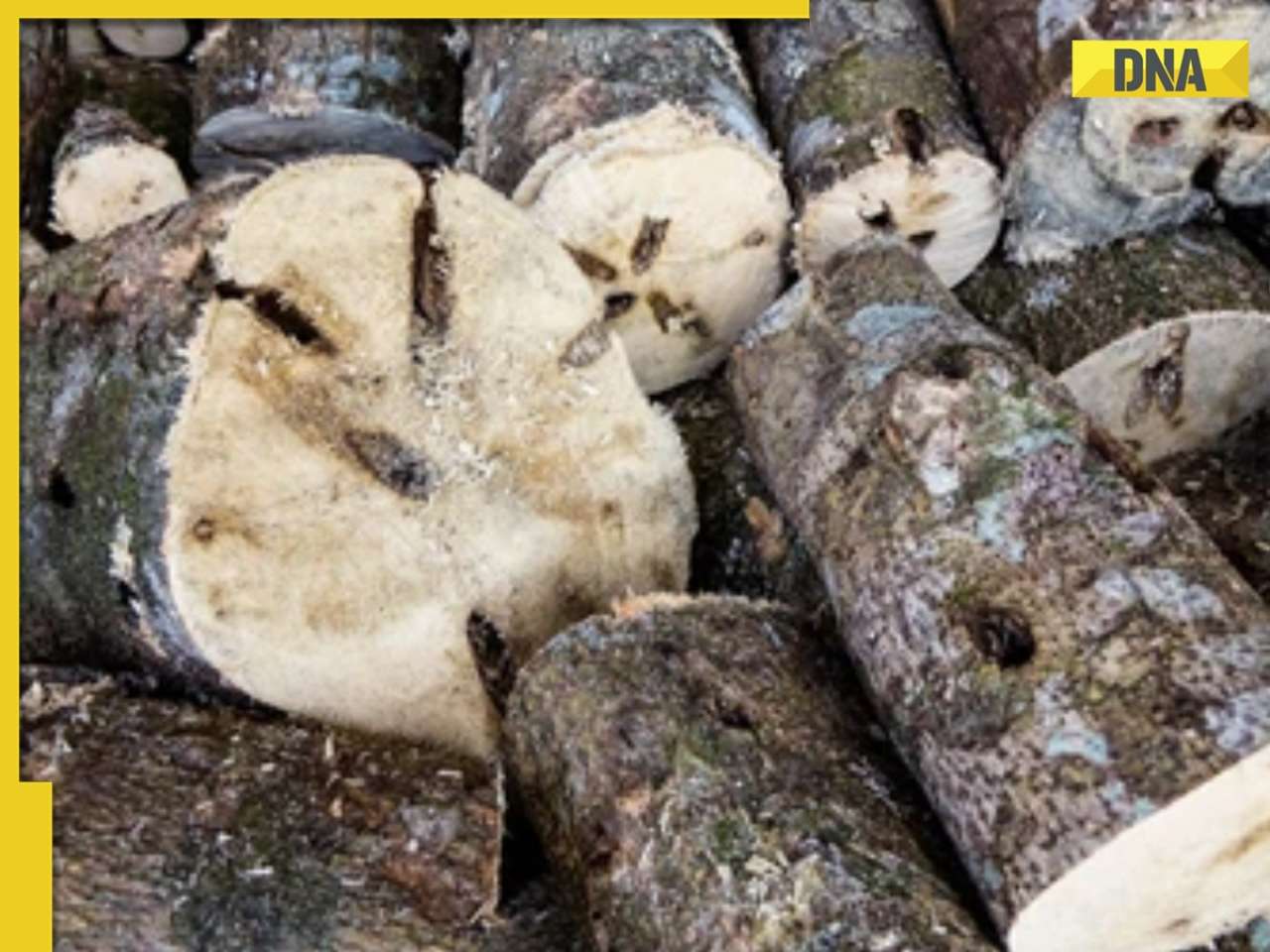 This is world’s most expensive wood, cost of 1kg wood is more than gold, its name is..., is found in...
This is world’s most expensive wood, cost of 1kg wood is more than gold, its name is..., is found in... This luxury car is first choice of Indians, even left BMW, Jaguar, Audi behind in sales, it is...
This luxury car is first choice of Indians, even left BMW, Jaguar, Audi behind in sales, it is... Kia India unveils Carens Clavis: Check features, design changes, price and more; bookings open on...
Kia India unveils Carens Clavis: Check features, design changes, price and more; bookings open on...





)
)
)
)
)
)
)
)
)
)
)
)
)
)
)
)



